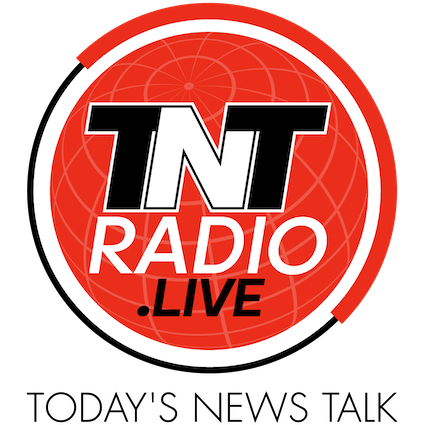“I think people are more willing nowadays to leave when things aren’t right.” Women in Radio special series: Part 4
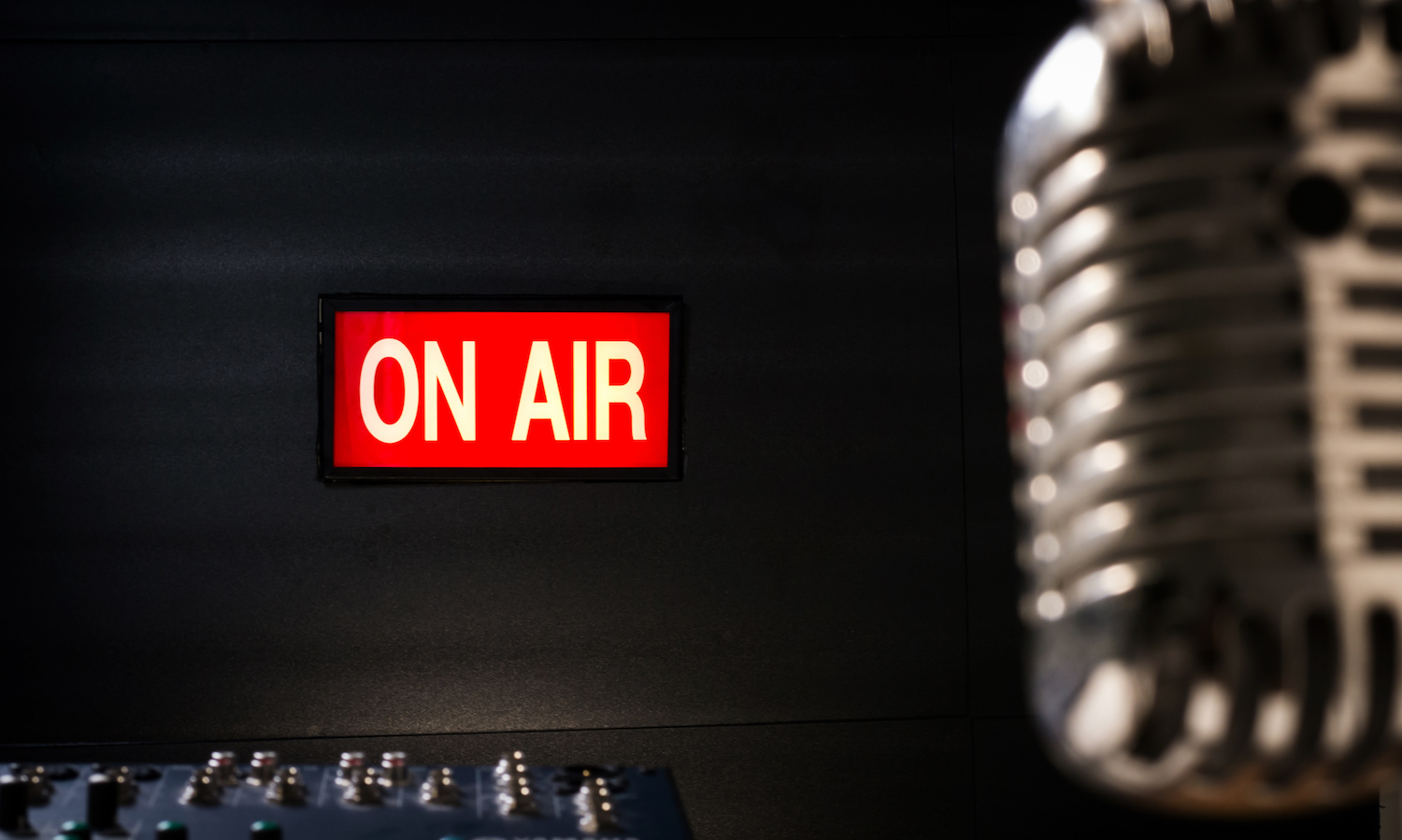
In this five-part series, exclusive to Radio Today, Brisbane radio presenter of more than 30 years Spencer Howson investigates the under-representation of women on Australian radio, and makes a series of recommendations aimed at challenging the status quo.
Read Part 1 here.
Read Part 2 here.
Read Part 3 here.
Recommendation #3 – Support your female presenters
Former Radio Today Editor Vivienne Kelly told the Radio Today podcast in October 2021 that a #MeToo expose of the Australian radio industry was inevitable: “It’s an industry that has relied heavily on [Non-Disclosure Agreements], on moving people about in roles, on shaking things up quietly so that these stories don’t come out. So radio definitely has this brewing”.
It is impossible to know how many potentially successful female radio presenters were never given a chance because, unwilling or unable to deal with sexist behaviour and bullying by colleagues and listeners, they left or were driven out of the industry.
One presenter gave me multiple examples of sexism in the office and on air. There was the meeting with her male manager where he told her that “sometimes it’s hard to concentrate when I’m in a meeting with you because I forget how beautiful you are”. She was in her forties at the time. She said that if she had been in her twenties, she might have thought “shit, I don’t feel safe” or “this isn’t the place for me, radio, there’s too much fucking testosterone”.
Another time, her manager advertised on air that she was single and said that he wanted to “set me up” with a listener. And a fellow announcer once told her on air “you sound pretty spunky” and asked her if she was single. She said that whilst it was possible that a single male presenter might have been subjected to these behaviours, “my gut feeling is maybe not”.
Another presenter described what she termed the “general abuse” that she had witnessed and experienced at radio stations where she had worked: “It could be bullying from an older female colleague or being badly managed and tending to perhaps bullying. I think that’s absolutely happened to females and I think there have perhaps been circumstances where we’ve lost people who were really fabulous employees”.
She said employees now were less likely to just “stick it out” and therefore they could be lost to the industry very early in their career:
“I don’t know whether that’s a generational thing but I think people are certainly more willing to leave an office when things aren’t right nowadays, rather than, say, a decade ago”. This suggests women are choosing to walk away from radio because of an unwelcoming culture.
Kaley-Jade Baker (Star FM, Mackay), who launched her radio career in 2018 and worked in administrative, technical and production roles at the ABC for 18 months before becoming a commercial radio breakfast co-host, told me the “boys’ club” still exists:
“As a woman, you’re dealing with a male-dominated industry and the comments that you get from people can be quite confronting. As someone that is just quite resilient, I can shake it off but you do have to be able to live in the boys’ club in order to keep in radio and some women will just turn around and be like, it’s not worth it”.
Clearly the industry can do better when it comes to workplace culture.
It is tempting to assume that more women in senior management would lead to hiring more female presenters, and workplaces being more family-friendly, but that might not be the case, with one manager telling me that not all female managers “put the ladder down” for women lower down in organisations: “All the good women that I’ve had as managers … have all opened the door rather than shut the door or put the ladder down rather than taken the ladder away. The bad ones have all said ‘but in my day, I didn’t get to do that’. Yeah. ‘We all got to make sacrifices’. I’ve heard that. They’ve been that fifty-plus group. So for them, it must have been quite difficult. They’ve obviously hustled quite hard to get where they are and ‘you can’t have it easy’.”
Any new presenter at a radio station needs to be supported on-air as well as off-air. One presenter suggested that the first way to achieve this was to allow the audience to get used them in a less-prominent shift:
“You bring them in, they become a household name, they become trusted, and then you go `Hey, you know Simone who’s been doing Afternoons? She’s going to wake up early from now on’. Because parachuting somebody in [to Breakfast] is risky and not necessarily going to set them up for success.”
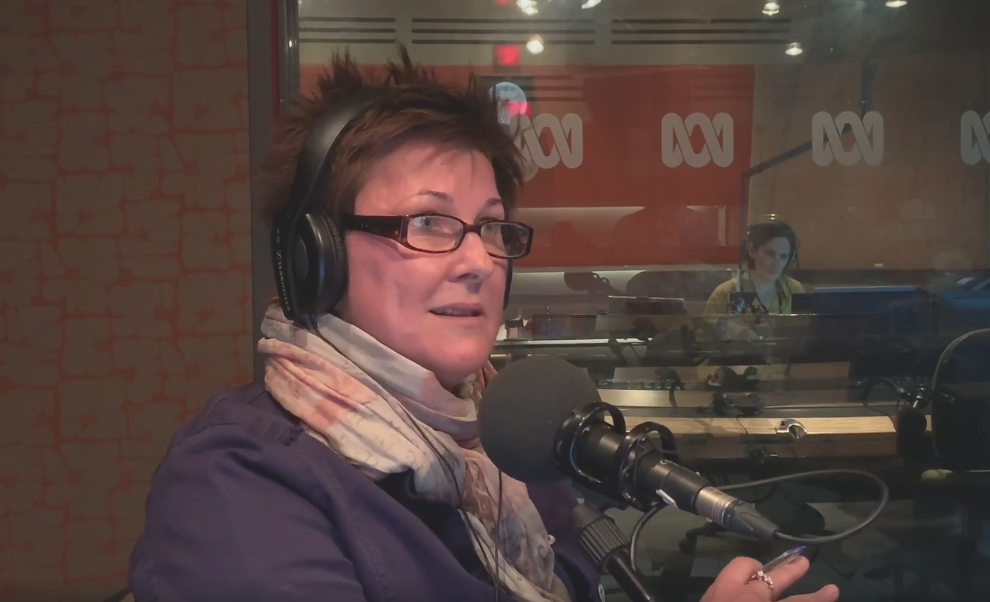
She also said current presenters needed to embrace and endorse any new recruit on air so that the audience was assured that “everybody on the station loves them”. Lindy Burns (ABC – pictured above) said it was equally important to feel welcomed by your colleagues off-air. She recalled how, before she started at ABC Newcastle, she had the opportunity to sit in the studio with then-ABC Sydney breakfast presenter Angela Catterns:
“I learned what to do with my bits of paper, what to have on the screen, what not to have on the screen. I learned from sitting in that room with her and I’ve done that a bunch of times ever since because I know how helpful it can be”.
New hosts and shows also need to be given time. And yes, that is easier said than done in the high-risk high-stakes world of radio, especially commercial radio.
One presenter said that it was her observation that people complained quickly but would grow to like someone, whilst those who liked a presenter from the beginning would rarely say anything: “I think it’s often the case that people might be really enjoying a program and they won’t make a peep. They won’t approach you because they quite like it”. One of the listeners that I interviewed admitted that, for her, a negative first impression was “really hard to shift” but “once you get past that initial few shifts, you get used to the voice and the pace of the presenter”.
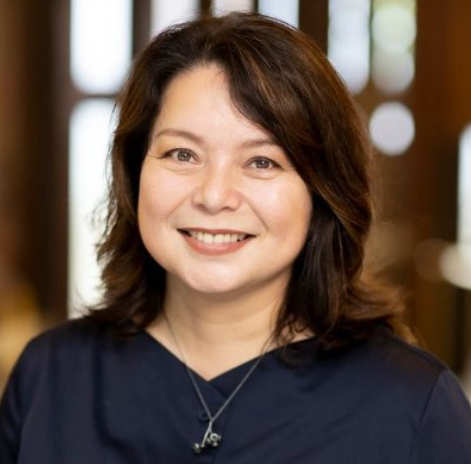
Support can also come in the form of technology. For example, Andrea Ho (AFTRS – pictured above) pointed out that studio microphones were typically set up for male voices and that any station that wanted to give a female presenter a fighting chance should calibrate the technology correctly.
She said this was much easier than it used to be and might remove a barrier to some listeners accepting women’s voices:
“There’s no good reason in this day and age for us not to be doing good calibration for women who do have naturally high-pitched voices in the studio. And it drives me insane that we use men still as an audio standard and we don’t do the calibration for individuals”.
Ho went on to say that even without technology, women could make themselves more audible to older listeners by being shown how to moderate their speech patterns: “More in women, but also in younger men, you’ve got that kind of upward intonation and really broad range. And moderating that down a little bit is easier for people who have a degree of hearing loss which is natural as you get older. You lose the top end [frequencies] in particular but you also lose some bottom end. If you compact that a little bit, it does help.”
Technology can also be utilised to help female presenters balance career and family responsibilities.
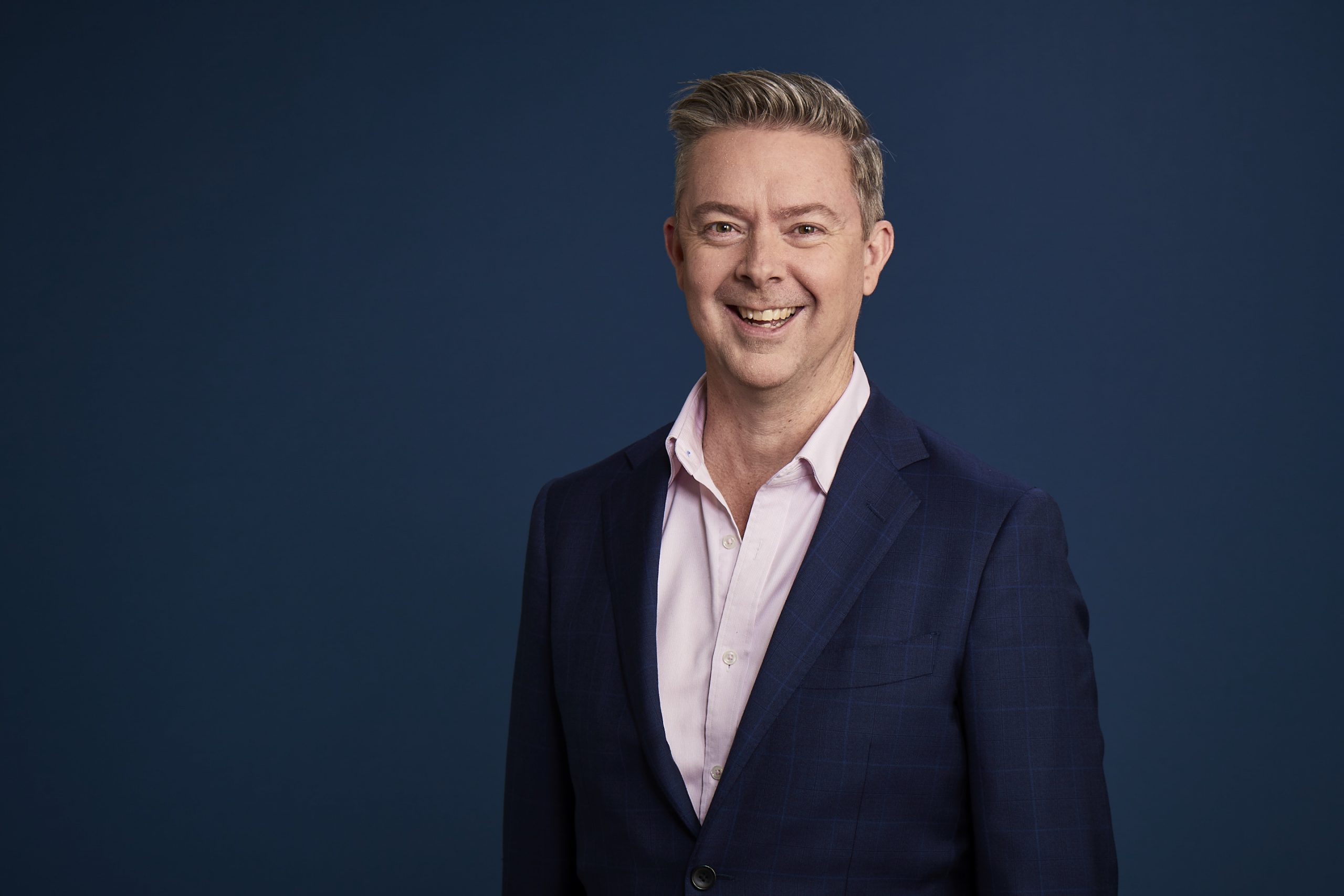
Nine’s Greg Byrnes (pictured above) says: “We can set presenters up at home, provided kids aren’t running in front of your microphone and screaming and yelling, and it works. That’s not a problem. Now, that’s been a big change. And I think that will really in relation to your argument about the nine to five, I think that will make a big difference”.
One presenter said home studios also opened the doors for more female presenters to progress their careers without having to uproot the family:
“In the past, [having to move has] actually cut [women] out of some bigger presenting roles. I don’t think that’s the case now. There’s no excuse for that anymore with the way [radio stations] can broadcast. I think there’s just so many opportunities”.
Next week: Recommendation #4 – Make great radio!
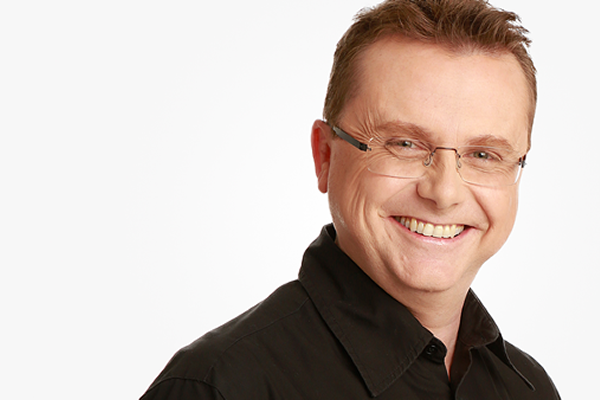
Spencer Howson is a Lecturer in Radio Production at the University of Southern Queensland.
His career began in 1990 at Reading Radio 4RPH. Spencer volunteered, and later worked part-time, at Reading Radio whilst studying journalism at QUT. He has served on the Board of Directors at different times, including stints as Vice President and President.
Spencer worked for the ABC from 1993-2020, including 15 years as host of the top-rating ABC Brisbane Breakfast show. From 2017-2020, he held the position of Program Quality Advisor, which involved spotting, developing and coaching ABC radio presenters and producers across Australia.
From 2021-2023, Spencer tasted the world of commercial radio, hosting Weekends on 4BC.


